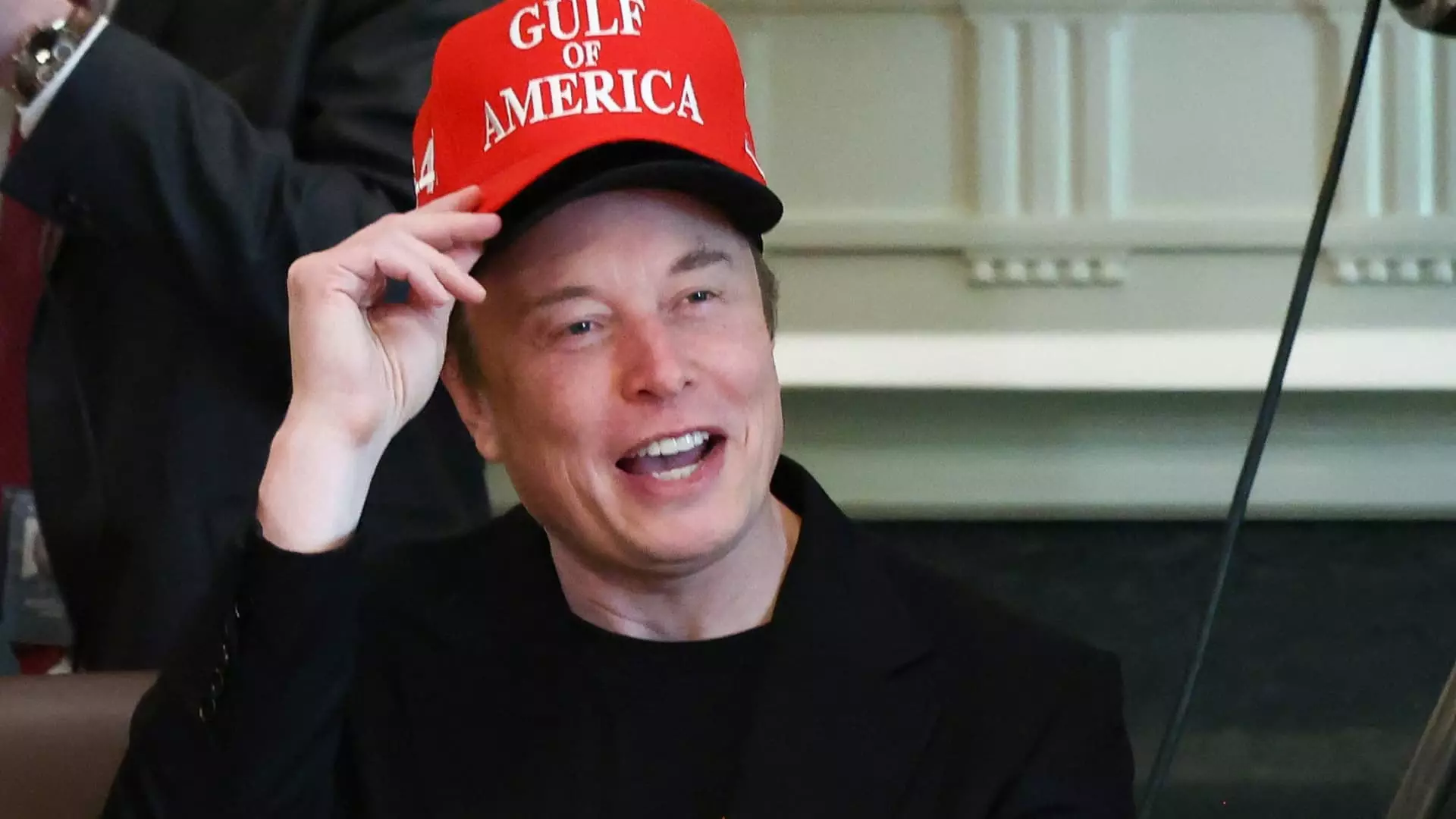Elon Musk’s brief endeavor in government, serving in the Department of Government Efficiency under Donald Trump, raises eyebrows not only due to the individual’s unorthodox credentials but also because of the questionable priorities implied in such an appointment. Musk is known for his innovative spirit and significant contributions to technology via Tesla and SpaceX, but does that inherently qualify him to tackle the inefficiencies of the federal government? In a system that demands seasoned political and bureaucratic knowledge, Musk’s role feels more like a publicity stunt than a serious attempt to streamline government operations.
The Trouble with Task Forces
Musk’s approach to government efficiency—promising dramatic cuts and sweeping reforms—comes off as remarkably superficial. While he famously thanked Trump for the “opportunity to reduce wasteful spending,” the reality is much more complex. Efficiency cannot merely be achieved through draconian cuts; it requires a thoughtful analysis of needs versus resources, and an understanding of the societal impacts that come from such decisions. Musk’s involvement in the federal sector represents a troubling trend where business acumen mistakenly substitutes for political savvy, leading to solutions that overlook the broader implications for communities and public welfare.
Criticism from Within and Without
Despite Musk’s high-profile role, even he could not escape the contradictions it brought forth. His criticism of Trump’s spending bill, which he argued “undermines the work” of his DOGE (Department of Government Efficiency) initiative, showcases an inherent conflict—a struggle between his corporate objectives and governmental responsibilities. Musk’s decision to prioritize his business interests over public service doesn’t inspire confidence. It refutes the notion that he ever had the federal government’s best interests at heart; rather, it feels like another chapter in his ongoing quest for profit and personal legacy.
What’s Next? The Disquieting Future
Amid an array of legal uncertainties surrounding Musk’s tenure—allegations of violating federal laws during his time at the DOGE—his departure raises alarming questions about accountability. How can an individual who juggles multiple large-scale enterprises also be expected to engage meaningfully in public service? The call from Tesla’s pension fund leaders suggests that the corporation views Musk’s involvement in governmental affairs as conflicting with his primary responsibilities as CEO. This entangled line between business and government operations represents a creeping normalization of corporate interests infiltrating public policy, a trend that many centrist liberals should approach with trepidation.
As Elon Musk wraps up his stint in the Trump administration, it’s essential to analyze the repercussions that such unorthodox appointments can create. Society needs leaders who are not only visionary but also thoroughly committed to the public good. The stakes are too high to treat government roles as mere extensions of private ambitions. This experience serves as a cautionary tale about the importance of ensuring that government remains rooted in principles of accountability, expertise, and public service, away from the whims of a celebrity culture that often does more harm than good.

